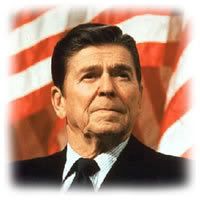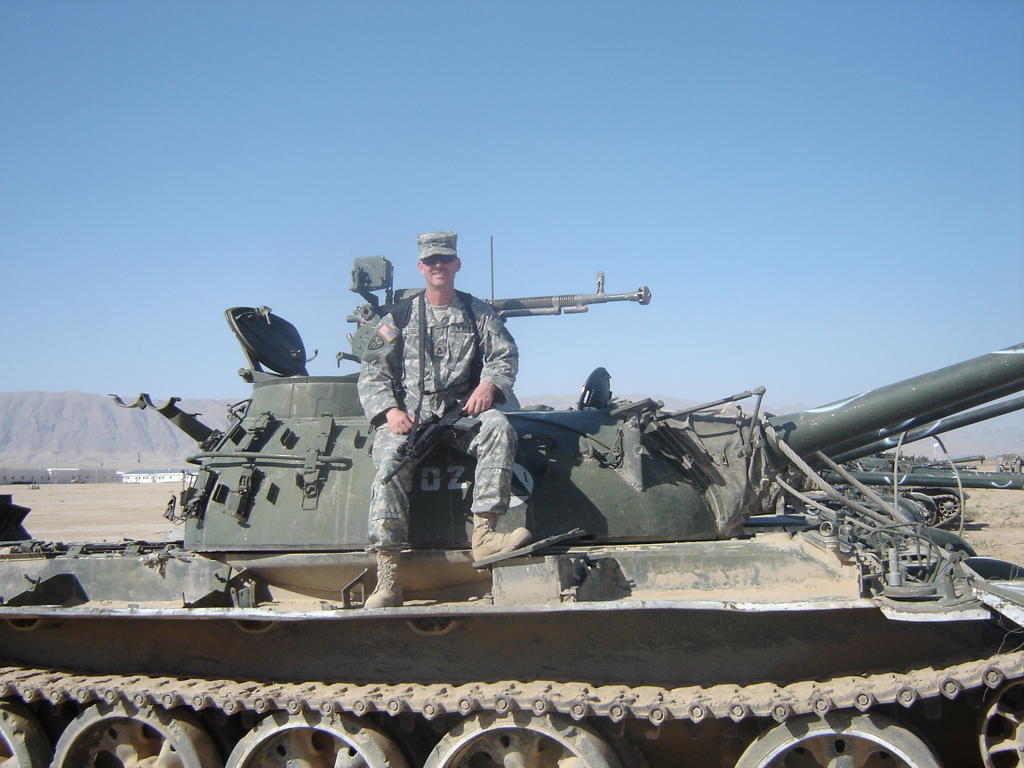Post by MARIO on May 24, 2006 20:02:19 GMT -8
Posted on Tue, May. 23, 2006
Commentary
A day to accept a memorial
A famous casualty of the Iraq war may - and should - get the monument he deserves.
By Thomas Lipscomb
On a pleasant hillside in the Vacaville-Elmira cemetery in California, there is a grave that still has no gravestone almost two years after a brave young soldier was buried there.
According to his mother, he was born on Memorial Day and died at age 24 on April 4, 2004, fighting with the First Cavalry Division in a militia- and terrorist-infested district of Baghdad named Sadr City. He was not an unknown soldier. In fact, thanks to his mother's constant use of his name in media appearances, he may be the best-known soldier of the Iraqi war. He's Casey Austin Sheehan, the son of antiwar activist Cindy Sheehan.
The expense of a memorial gravestone is a problem for many people on limited incomes. But Cindy Sheehan was the beneficiary of $250,000 from her son's insurance policy. Besides, the federal government pays for funeral expenses and a simple marble marker. As a veteran, Casey Sheehan also merited a free plot with perpetual care in one of the nation's many national cemeteries.
Some pretty famous military figures have chosen to use that simple GI marble gravestone. The great heavyweight boxing champion Joe Louis and Gen. George C. Marshall, commander of U.S. forces in World War II and later secretary of state, clearly felt that they deserved no more attention than any other veteran at rest under the trees at Arlington.
So with all of these resources, why is Casey Sheehan's grave still unmarked? His mother made an effort of her own lately. In the January issue of Vanity Fair she is pictured in a two-page spread lying on her son's unmarked grave in a black jumpsuit with tennis shoes. She also wrote a bitter "In Memoriam" for the left-wing Web site Truthout.org. She was responding to critics who faulted her for placing 2,000 crosses with names of U.S. casualties at what she called "Camp Casey," near President Bush's ranch in Crawford, Texas, last summer, while she has yet to place a marker at her own son's grave. In fact, there has been such a firestorm in the blogosphere about Casey Sheehan's grave that there are more than 250,000 Internet entries on the subject.
Cindy Sheehan is indignant at this kind of attention. She attributes it to a "Rovian, heartless and ignorant smear machine" attacking her "for the 'crime' of being broken-hearted and trying to save lives." And she vows: "They can't stop me from trying to save lives. No matter what they cook up next. It is too important. No more needless gravestones. No more wasted lives."
As the nation heads toward the fourth Memorial Day since the Iraqi war, it is time to call a ceasefire on the hysteria and recriminations on all sides attendant to this difficult period.
It is surely an occasion to remember the men and women who have fought and died in service to this nation rather than the inevitable disagreements about policies that may not even seem important a decade from now. (America has had only one war president who wasn't vilified, Franklin Delano Roosevelt, perhaps because it was easier to demonize the enemies we faced at the time.)
Cindy Sheehan says she was too broken-hearted to do anything but occasionally put flowers on her son's grave the first year. And perhaps she had some inner resistance to accepting a government gravestone from a Bush administration she detests. But she should remember that the stone doesn't come from one administration. It comes from the government of all of the American people who wish to honor her son's service.
The good news is that Casey Sheehan's father, Patrick, has had enough of this and has quietly arranged with a local monument company to erect a memorial. Wouldn't it be fitting if it were in place in time for Casey Sheehan's birthday, which this year once again falls on Memorial Day?
www.philly.com/mld/inquirer/news/editorial/14643487.htm?template=contentModules/printstory.jsp
Commentary
A day to accept a memorial
A famous casualty of the Iraq war may - and should - get the monument he deserves.
By Thomas Lipscomb
On a pleasant hillside in the Vacaville-Elmira cemetery in California, there is a grave that still has no gravestone almost two years after a brave young soldier was buried there.
According to his mother, he was born on Memorial Day and died at age 24 on April 4, 2004, fighting with the First Cavalry Division in a militia- and terrorist-infested district of Baghdad named Sadr City. He was not an unknown soldier. In fact, thanks to his mother's constant use of his name in media appearances, he may be the best-known soldier of the Iraqi war. He's Casey Austin Sheehan, the son of antiwar activist Cindy Sheehan.
The expense of a memorial gravestone is a problem for many people on limited incomes. But Cindy Sheehan was the beneficiary of $250,000 from her son's insurance policy. Besides, the federal government pays for funeral expenses and a simple marble marker. As a veteran, Casey Sheehan also merited a free plot with perpetual care in one of the nation's many national cemeteries.
Some pretty famous military figures have chosen to use that simple GI marble gravestone. The great heavyweight boxing champion Joe Louis and Gen. George C. Marshall, commander of U.S. forces in World War II and later secretary of state, clearly felt that they deserved no more attention than any other veteran at rest under the trees at Arlington.
So with all of these resources, why is Casey Sheehan's grave still unmarked? His mother made an effort of her own lately. In the January issue of Vanity Fair she is pictured in a two-page spread lying on her son's unmarked grave in a black jumpsuit with tennis shoes. She also wrote a bitter "In Memoriam" for the left-wing Web site Truthout.org. She was responding to critics who faulted her for placing 2,000 crosses with names of U.S. casualties at what she called "Camp Casey," near President Bush's ranch in Crawford, Texas, last summer, while she has yet to place a marker at her own son's grave. In fact, there has been such a firestorm in the blogosphere about Casey Sheehan's grave that there are more than 250,000 Internet entries on the subject.
Cindy Sheehan is indignant at this kind of attention. She attributes it to a "Rovian, heartless and ignorant smear machine" attacking her "for the 'crime' of being broken-hearted and trying to save lives." And she vows: "They can't stop me from trying to save lives. No matter what they cook up next. It is too important. No more needless gravestones. No more wasted lives."
As the nation heads toward the fourth Memorial Day since the Iraqi war, it is time to call a ceasefire on the hysteria and recriminations on all sides attendant to this difficult period.
It is surely an occasion to remember the men and women who have fought and died in service to this nation rather than the inevitable disagreements about policies that may not even seem important a decade from now. (America has had only one war president who wasn't vilified, Franklin Delano Roosevelt, perhaps because it was easier to demonize the enemies we faced at the time.)
Cindy Sheehan says she was too broken-hearted to do anything but occasionally put flowers on her son's grave the first year. And perhaps she had some inner resistance to accepting a government gravestone from a Bush administration she detests. But she should remember that the stone doesn't come from one administration. It comes from the government of all of the American people who wish to honor her son's service.
The good news is that Casey Sheehan's father, Patrick, has had enough of this and has quietly arranged with a local monument company to erect a memorial. Wouldn't it be fitting if it were in place in time for Casey Sheehan's birthday, which this year once again falls on Memorial Day?
www.philly.com/mld/inquirer/news/editorial/14643487.htm?template=contentModules/printstory.jsp



